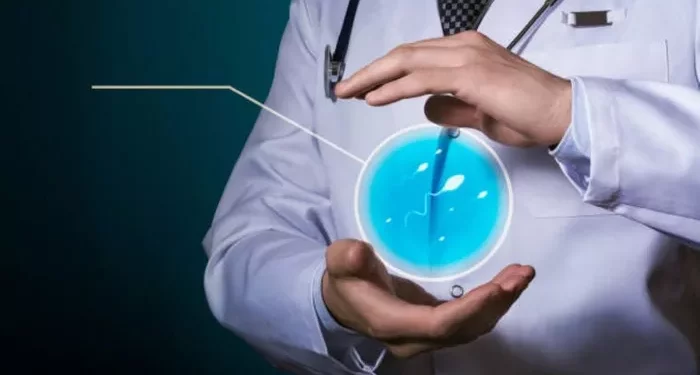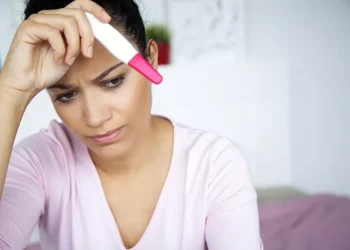Testicular injury, while often overlooked, can have profound consequences on male reproductive health. It encompasses a range of traumas, from sports-related injuries and accidents to medical conditions like testicular torsion. Understanding the causes and effects of testicular injury is crucial for both prevention and treatment.
Understanding Infertility
Infertility is a complex medical condition that affects individuals and couples worldwide. It is defined as the inability to conceive after one year of regular, unprotected intercourse. While it’s commonly associated with female reproductive health, male factors contribute to approximately 40-50% of infertility cases. Male infertility can stem from various issues, including sperm production problems, structural abnormalities, hormonal imbalances, and ejaculatory disorders.
Impact of Testicular Injury on Fertility
Testicular injury can significantly impact fertility by disrupting sperm production, altering hormone levels, and impairing reproductive functions. Even minor injuries can lead to long-term complications if left untreated. Damage to the testicles can hinder sperm development and quality, reducing the chances of successful conception.
Types of Testicular Injuries
Several types of testicular injuries exist, each with its own set of implications for fertility:
1. Testicular Torsion: This occurs when the spermatic cord twists, cutting off blood flow to the testicle. It requires immediate medical attention to prevent tissue damage and preserve fertility.
2. Blunt Trauma: Common in sports and accidents, blunt force to the testicles can cause bruising, swelling, and potential damage to sperm-producing structures.
3. Penetrating Injuries: Sharp objects or projectiles can puncture the scrotum, causing internal damage to the testicles and surrounding tissues.
Symptoms of Testicular Injury
Recognizing the symptoms of testicular injury is essential for prompt diagnosis and treatment. Common signs include:
1. Severe pain or discomfort in the testicles or scrotum
2. Swelling, bruising, or tenderness
3. Changes in testicular shape or size
4. Difficulty urinating or ejaculating
Diagnostic Procedures
Diagnosing testicular injuries often involves a combination of physical examination and imaging tests. Healthcare professionals may perform:
1. Physical Examination: Checking for signs of swelling, tenderness, or abnormalities in the scrotum.
2. Imaging Tests: Ultrasound and MRI scans can provide detailed images of the testicles, aiding in the diagnosis of injuries and assessing fertility potential.
3. Semen Analysis: Evaluating sperm quality and quantity through semen analysis helps determine fertility status and the extent of reproductive impairment.
Treatment Options
Treatment for testicular injuries depends on the type and severity of the injury. Options may include:
1. Surgical Intervention: Repairing testicular torsion or addressing internal injuries through surgical procedures.
2. Pain Management: Using medications to alleviate pain and discomfort during recovery.
3. Lifestyle Modifications: Adopting healthy habits, such as avoiding strenuous activities and wearing supportive underwear, can aid in healing and prevent further injury.
Recovery and Rehabilitation
The road to recovery following a testicular injury requires patience and adherence to medical advice. Key steps in the recovery process include:
1. Rest: Allowing the injured testicle time to heal by avoiding physical exertion and lifting heavy objects.
2. Wound Care: Keeping the scrotum clean and dry to prevent infection, and applying cold packs to reduce swelling.
3. Rehabilitation Exercises: Gradually reintroducing gentle exercises to improve mobility and promote healing.
Long-Term Outlook
While many men recover fully from testicular injuries, some may experience long-term implications for fertility and reproductive health. It’s essential to monitor any changes in fertility status and seek medical assistance if concerns arise. Early intervention can improve outcomes and prevent complications down the line.
Preventive Measures
Taking proactive steps to prevent testicular injuries is key to maintaining reproductive health. Strategies include:
1. Wearing Protective Gear: Using appropriate protective equipment during sports activities and high-risk occupations.
2. Avoiding Risky Behaviors: Steering clear of activities that increase the likelihood of testicular trauma, such as rough contact sports or reckless behavior.
3. Seeking Prompt Medical Attention: Not ignoring symptoms of testicular injury and seeking medical help promptly to prevent complications.
Seeking Medical Help
If you suspect a testicular injury or experience fertility issues, don’t hesitate to consult a healthcare professional. Early diagnosis and treatment can make a significant difference in preserving fertility and overall reproductive health.
Conclusion
Testicular injury can have far-reaching consequences on male fertility and reproductive health. By understanding the causes, symptoms, and treatment options for testicular injuries, individuals can take proactive steps to prevent injuries, seek timely medical assistance, and navigate the path to recovery with confidence. Prioritizing reproductive health and seeking professional guidance when needed are essential for achieving optimal outcomes and building a future free from fertility concerns.
Related Topics:
What You Need to Know About Severe Oligospermia



























